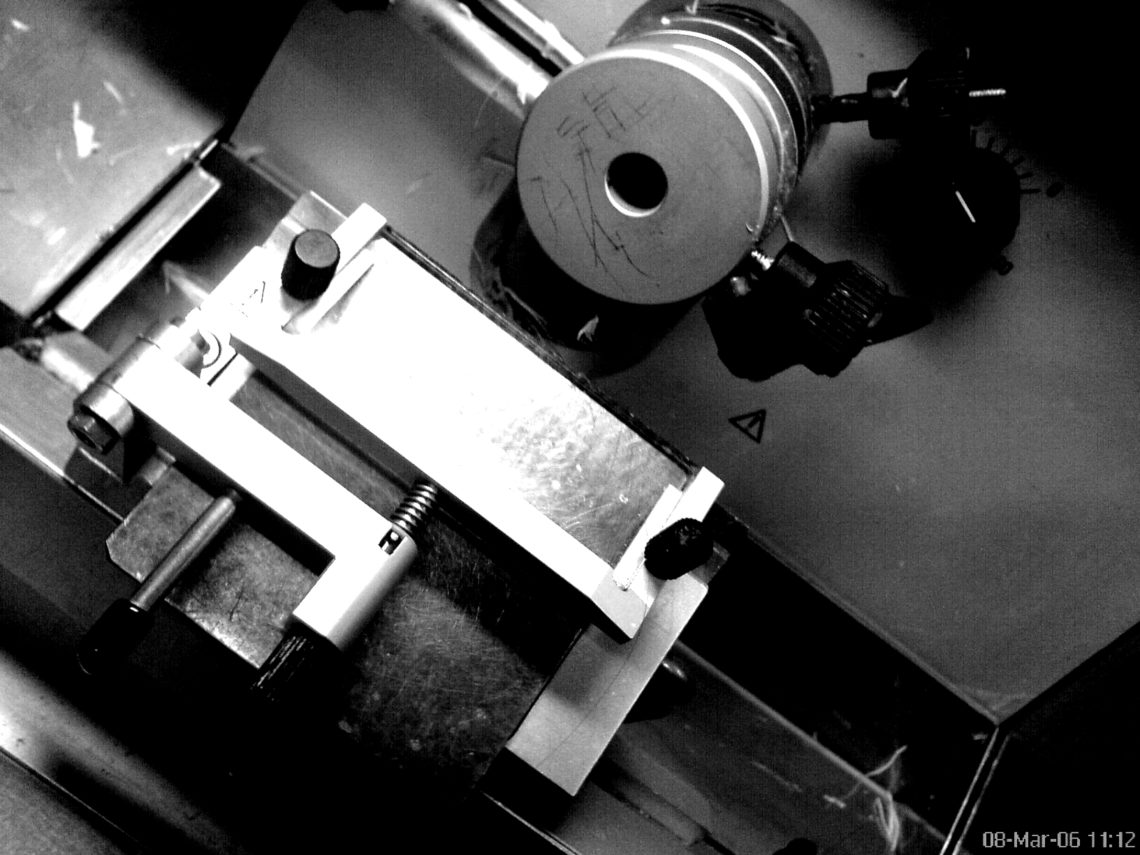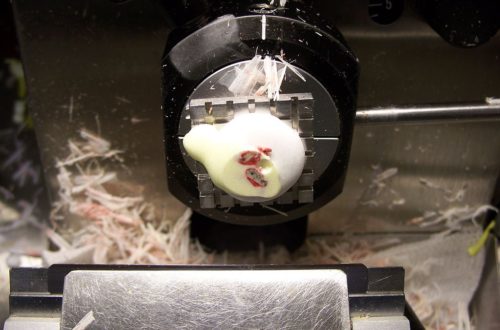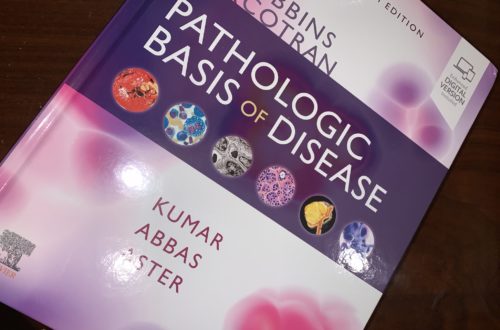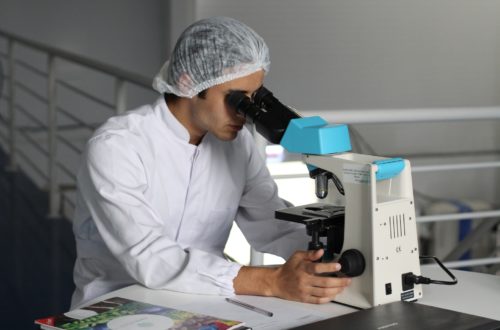
Research Paper Review: Subareolar Tissue Biopsy and Occult Nipple Involvement in Nipple-Sparing Mastectomies
Here I am again with a second journal article for this rotation!
It’s my last week in Frozen Sections/Intraoperative Consultations (IOC). I have seen a good variety of specimens, especially after spending days at the Montreal General Hospital. However, it was during my stay at the Royal Victoria Hospital, particularly my first two weeks, that I encountered breast specimens from mastectomies. Hence why I chose this article.
As previously, because this is a learning exercise for me, I will list notes per section of the article.
Article details
Ma, Lucy X et al. “Subareolar Tissue Biopsy Predicts Occult Nipple Involvement in Nipple-Sparing Mastectomies”. American Journal of Clinical Pathology, 2021. Oxford University Press (OUP), https://doi.org/10.1093/ajcp/aqab126. Accessed 18 Nov 2021.
Introduction
Nipple-sparing mastectomy (NSM)
- Preferred for increased patient satisfaction and better cosmetic results.
- Associated with complications, such as skin flap and nipple necrosis and an increased recurrence and risk of residual malignancy
- Used for early-stage and peripherally located tumors
- Pathologic evaluation of the nipple margin is necessary; if positive, the nipple-areolar complex (NAC) or nipple is excised
Reported risk factors on predicting NAC involvement are varied and include:
- Tumor distance to the nipple
- Presence of nodal involvement
- Multi-centricity
- Tumor size and grade
Statistics so far show that:
- Overall rates of positive subareolar tissue biopsy are from 2.7% to 34.2%
- Rates of residual malignancy in NAC are from 0% to 42.3%
- There is good concordance between IOC/frozen sections of the NAC and final reports as seen on permanent sections.
Methodology
- Retrospective chart review of 1,026 consecutive NSMs with separately submitted subareolar tissue biopsies
- Outcome measures included concordance rate and disease features associated with a positive subareolar biopsy
Results
- Rate of positive subareolar tissue is 7.2%
- Factors that were significantly associated with a positive subareolar biopsy
- Multifocal/multicentric disease
- Presence of lymphovascular invasion
- Nodal involvement
- 51% of positive nipple biopsies showed residual carcinoma
- There was a 3.3% discrepancy between IOC results and permanent diagnoses, mostly because of false negatives
Discussion
- There is lack of standardization on evaluating patient selection for NSM, sample techniques, and evaluating a positive margin
- Findings show that tumor size and distance of tumor from the nipple are not predictive of occult nipple involvement nor are contraindications to NSM
- The main confounder of a positive subareolar tissue biopsy is LCIS, and studies that consider LCIS as a malignant finding report higher rates of positive biopsies.
- False negatives are more common due to sampling or interpretative errors.
- In this study, one false-positive case was due to the misreading of a histiocytic infiltrate, a response from surgery.
- There is also the question of whether the subareolar tissue biopsy is representative of occult nipple involvement.
Conclusion
- Intraoperative frozen sections of the subareolar tissue in NSM are reliable.
- Nipple/NAC resection should be seriously considered in cases of a positive subareolar tissue biopsy.
References
Image of an empty cryostat taken by Chris Stock (source).




